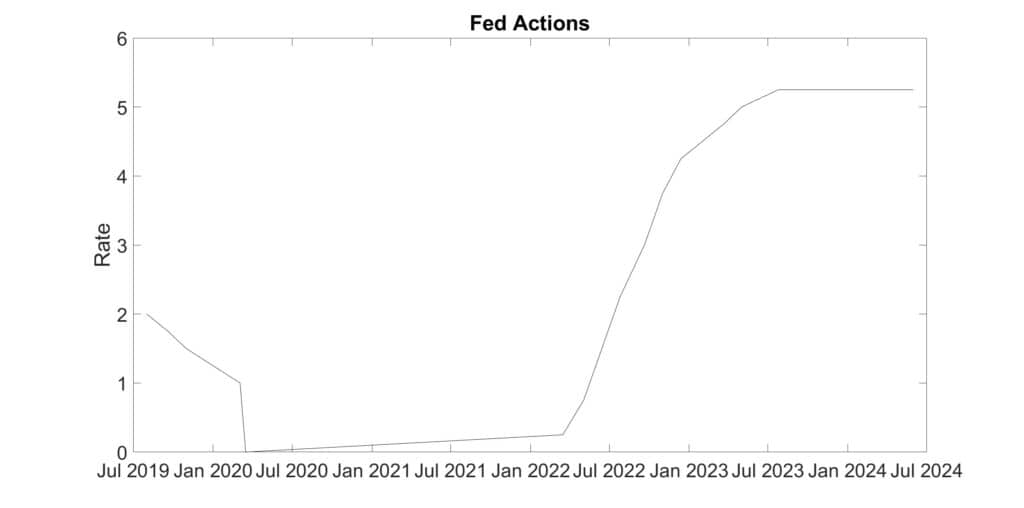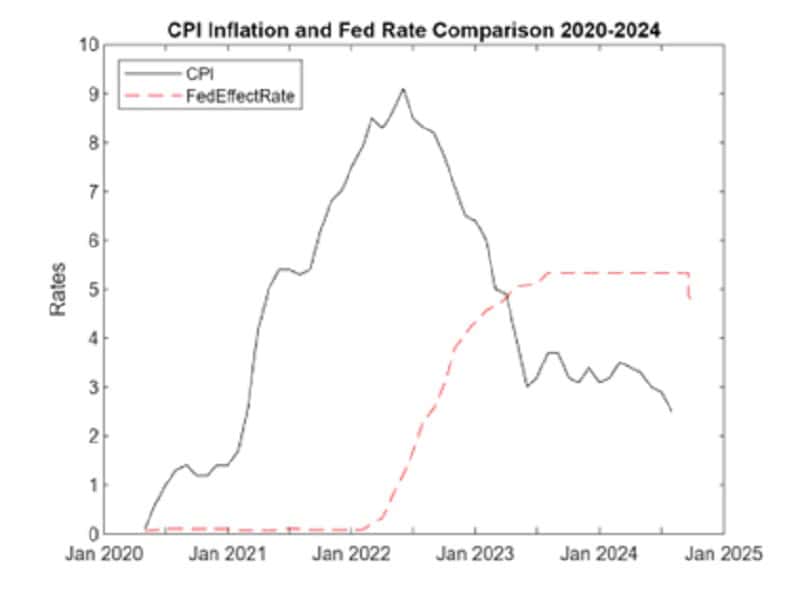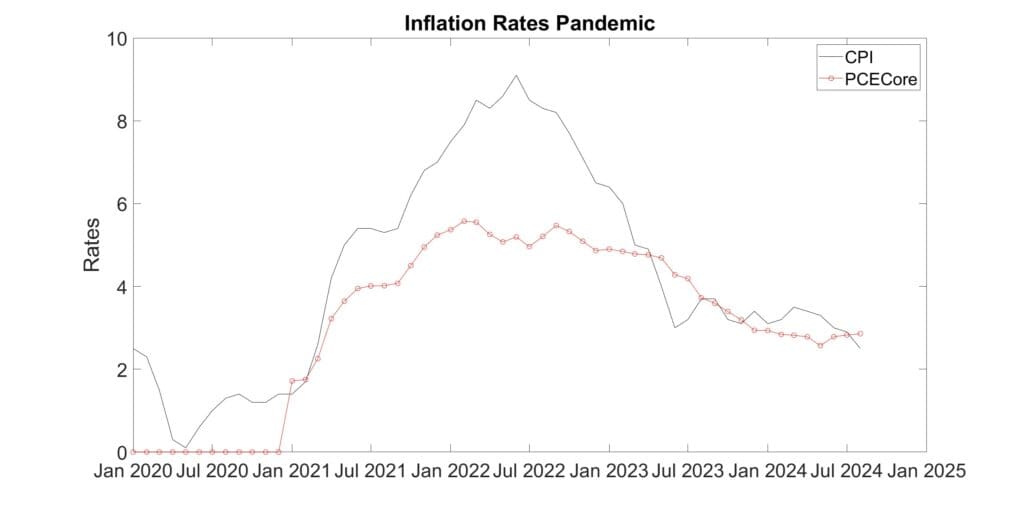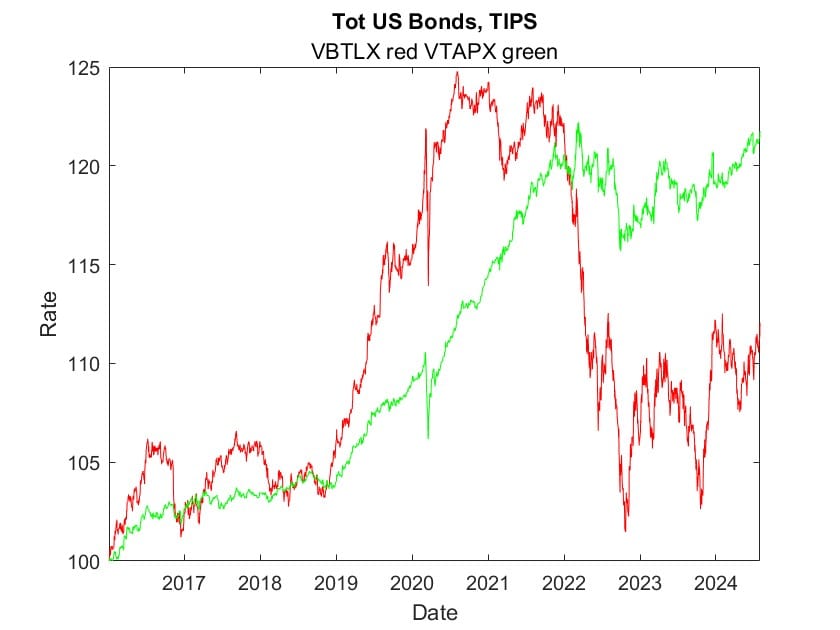The Invisible Hand’s Scar

Free Market Requirements
The invisible hand operates when the conditions of fair trade are met. One primary condition is individuals must be able to make informed choices, which products best serve their self-interest. To make informed decisions of one’s self-interest, one must have access to relevant facts—at a minimum, price, quality, and alternatives. Another crucial condition is that new competitors are not restricted from entering a market.
Decision-Making Facts
If you follow business news, you’ve probably heard the term “asymmetry” tossed about. Asymmetry inevitably exists in an unbalanced relationship. In the economic case, the potential customer and the offering business have considerably different information about the product, its worth and its cost. Of course, the customer knows less about the product than the corporation. Customers only pay attention to the product when they are considering its purchase. Corporations pay attention to their products every day with devoted attention.
Asymmetry doesn’t cause a problem by itself. That disproportionate attention to and information about is inevitable and natural. If everyone—customer and corporate—were completely honest then the Invisible Hand would work much better.
Abuse of Asymmetry
Unfortunately, people and the businesses they run are not perfect. When some realize they can profit by hiding known problems with their product, they do that. This violates the requirements needed for the Invisible Hand that leads to efficient markets.
Because a corporation has the upper hand in economic knowledge about its product, those ethically challenged business may shove aside their reliance on the free market, by withholding detrimental information about their product. Thus customers can’t make informed purchases.
Barriers to Market Entry
The free market also requires easy entry for competitors. That is, no high fixed costs assessed regardless of sales volume or agreements that distributors can only carry a particular corporation’s product. A similar constraint arises from exclusivity agreements barring suppliers from providing materials to new manufacturers.
The business pages routinely reveal that large corporations lie, cover up, and misdirect their customers. Some examples are: Volkswagen and car manufacturers, Wells Fargo leading a pack of banks, cigarette manufacturers for decades, Facebook, Google, and big pharma.
Limiting Competitors
Although corporations pay the chamber of commerce to ensure the message of free markets with limited government regulation is treated as a laudable goal, they pay other lobbyists to promote/write legislation that favors their own corporation and inhibits competitors from entering their markets.
When corporations are newly born, they love the free market. When they are mature, they endeavor to constrain it. It makes me laugh to hear huge corporations berate regulations, when often those corporations have often arranged for their lobbyists to frame those regulation to raise the cost for competitors to enter their product areas.
Inefficient Markets
In free markets with honorable participants, the invisible hand guides market prices to their natural level, where supply equals demand.
The forked scar of hiding essential information and inhibiting competition forces the prices of goods higher than their equilibrium price, which damages the economic efficiency of resource allocation.
We all pay more for less when enterprises violate the integrity of the free market.
Invisible Hand sums up individual actions to best pricing and allocation
Design without Designer
Fallacy of Composition individual actions can lose their advantage
Good for One
Invisible Hand’s Scar








2 thoughts on “The Invisible Hand’s Scar”